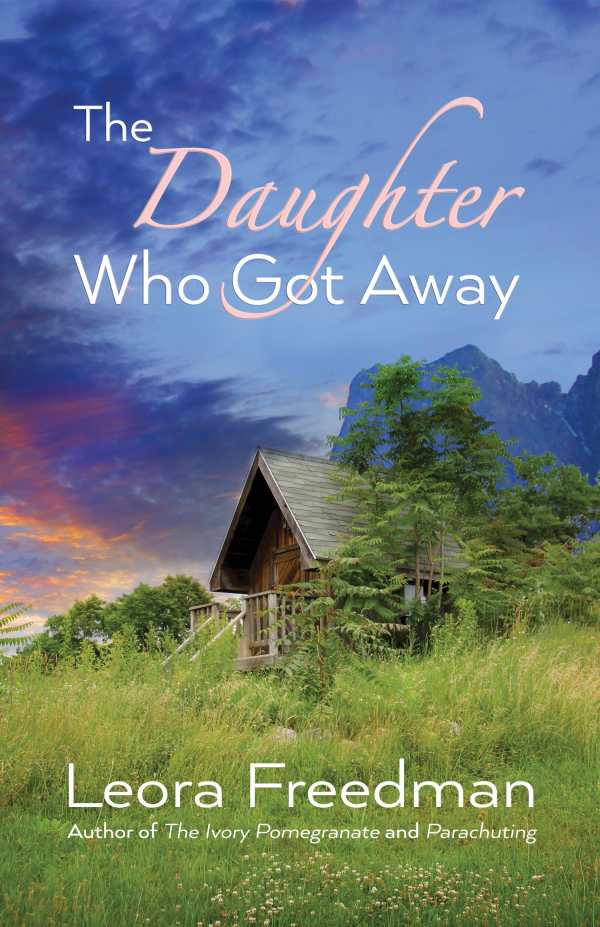
The Daughter Who Got Away
This moving and provocative encounter with various modes of religious being delves into themes of change and continuity.
In a novel that traverses the time period between Chanukah and Simchat Torah and bridges the distance between New York City and the Canadian bush, Leora Freedman explores questions of religious identity and environmental connection in intricate detail.
Celia worries about her adult daughter, Sharon, who has abandoned city life to live in a shack in the Canadian wilderness. Celia is certain that hardworking Sharon maintains no semblance of a Jewish life. When Celia loses her oldest confidante, she decides to briefly trade her memory-soaked environment for Sharon’s setting. Maybe she’ll even discover what, exactly, is palatable about living away from those who remember to wish you a Shabbat Shalom.
Celia is surprised to find herself taking to the wild, even as Sharon discovers that there’s more of the traditional Jewish daughter in her than she’d previously been willing to own. A neighboring family, Jacob and his daughter, Keturah, help them to explore these issues, if not always intentionally. Jacob and Keturah are downright ostentatious in their Judaism, though they have neither a clear-cut family connection to the tradition nor the validation of rabbinical approval. Though Celia and Sharon are charmed by their rural religiosity, they also find themselves standing between these Jewish neighbors and a community hostile to the tradition they assume.
The novel makes use of these two families to explore questions of tradition and belonging. As Celia guides Keturah through methods of Jewish education and textual interrogation, she must reconfigure her own conceptions of Jewishness—and how they have informed the sometimes strained relationship with her daughter.
Freedman is as skilled at capturing the nuances of religious practice as she is at sketching the wild and beautiful Canadian landscape. Though the novel details Israeli and New York locales, Freedman’s writing shines most when she’s honoring the setting where no one would expect to encounter complex discussions related to Jewish identity. Themes of change and continuity, acceptance and rejection are all handled with elegance. The Daughter Who Got Away is a moving and provocative encounter with various modes of religious being.
Reviewed by
Michelle Anne Schingler
Disclosure: This article is not an endorsement, but a review. The publisher of this book provided free copies of the book to have their book reviewed by a professional reviewer. No fee was paid by the publisher for this review. Foreword Reviews only recommends books that we love. Foreword Magazine, Inc. is disclosing this in accordance with the Federal Trade Commission’s 16 CFR, Part 255.
